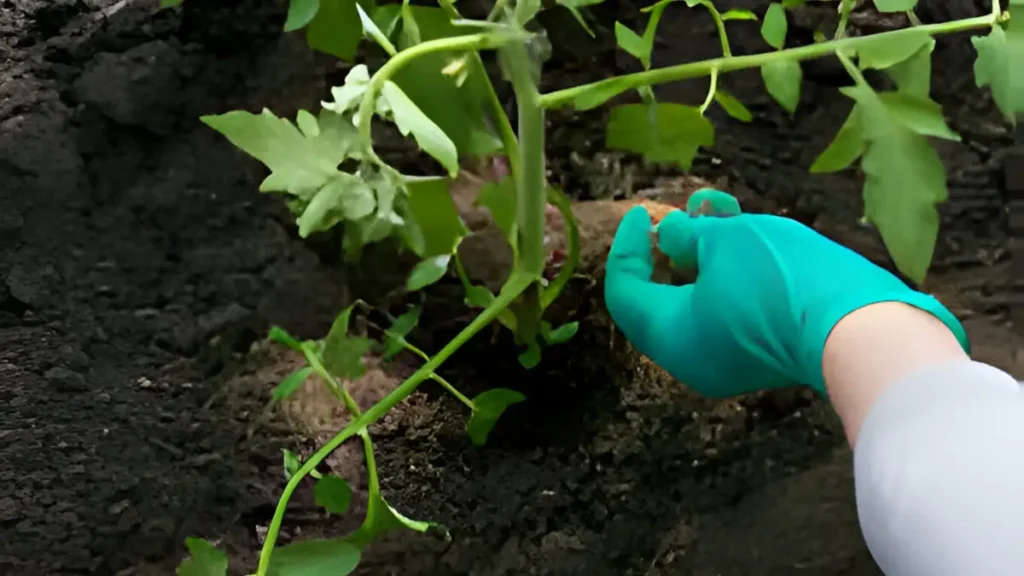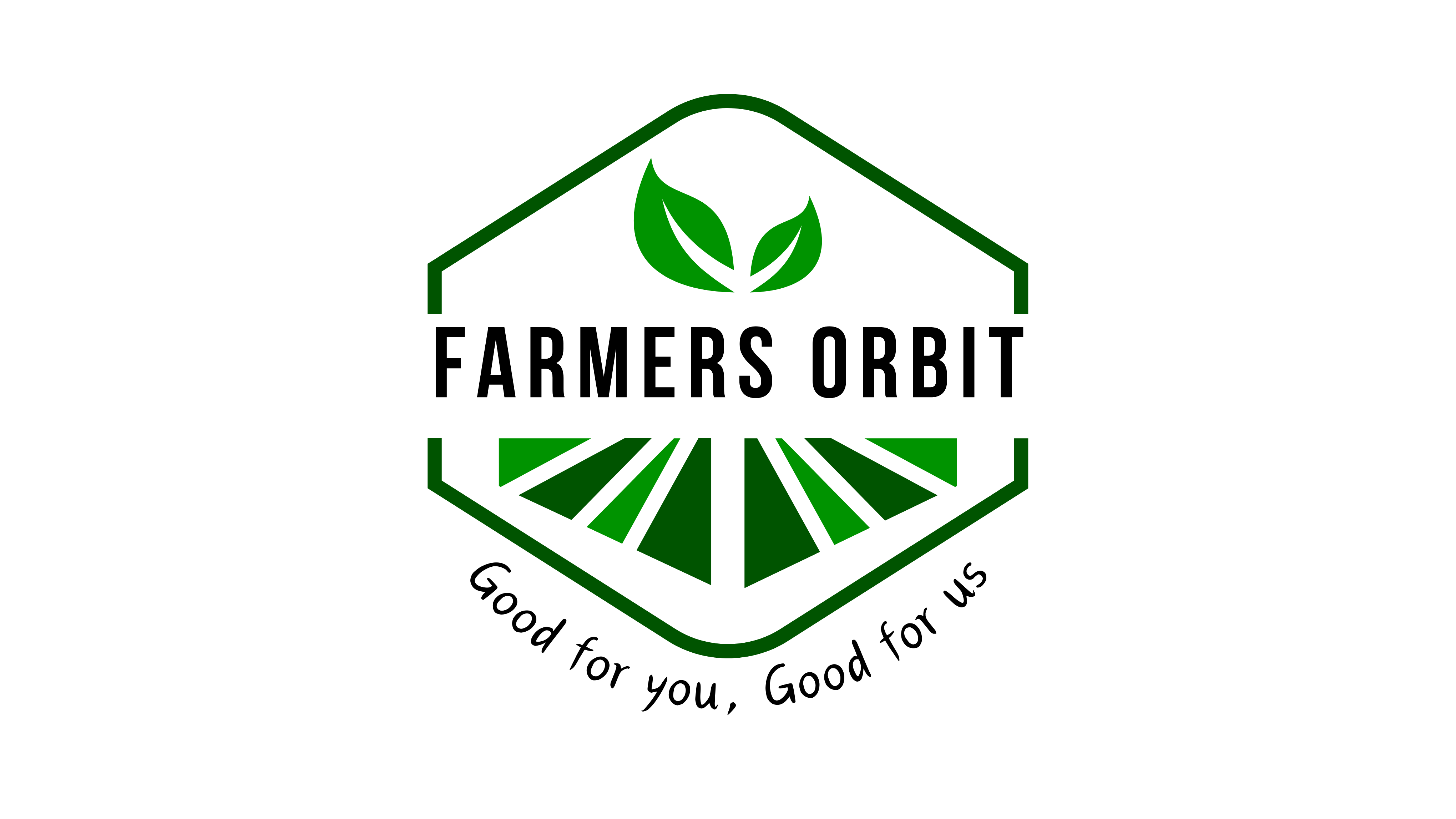Because they are heavy feeders, tomato plants need a balanced diet to thrive and yield an abundant crop. Fertilizers are vital in supplying these necessary nutrients, guaranteeing strong development and fruit health. Understanding the fundamentals of fertilizer for tomato plants is critical to effective tomato growing.
Below are some of the organic fertilizer for tomato plants:
- Organic Compost: Compost is an excellent all-natural tomato fertilizer. It strengthens the structure of the soil, adds necessary minerals, and promotes the growth of healthy microbes. Compost is available for purchase from gardening stores or can be made yourself.
- Liquid Seaweed Fertilizer: Packed with growth hormones, trace minerals, and other healthy ingredients, liquid seaweed fertilizer can improve tomato yield and growth. Additionally, it is believed to increase plants’ resistance to stress. Apply it as a soil drench or foliar spray after diluting it with water.
- Fish Emulsion: Fish waste is used to make fish emulsion, a liquid fertilizer. Because of its high nitrogen content and other nutrients, it is perfect for encouraging robust tomato growth. Apply it to your plants after diluting it with water as directed on the container.

- Bone Meal: Bone meal is a slow-acting fertilizer that supplies phosphorus, an essential mineral for growing tomato roots and fruits. Before planting, mix it into the soil, or scatter it around the base of existing plants.
- Epsom Salt: Also known as magnesium sulfate, Epsom salt helps enhance the vitality and quality of tomato plants’ fruits. It supplies magnesium, which is necessary for producing chlorophyll and photosynthesis. Epsom salt can be sprayed directly on foliage or applied to the soil surrounding plants after being dissolved in water.
Conclusion:
To sum up, there are several benefits that organic fertilizer for tomato plants offers. Because of its natural makeup, the soil is healthier, encourages microbial activity, and fosters sustainable development without leaving behind hazardous chemical residues. In addition to improving nutrient uptake and general plant vitality, organic fertilizers help produce healthier tomatoes with better flavor and nutritional value. Additionally, using organic fertilizers lowers the danger of soil erosion and water contamination while supporting eco-friendly practices. Consequently, using organic fertilizers is a sensible decision if you want to grow healthy tomato plants and give the environment’s long-term sustainability priority.
Certainly! If you’d like to learn more, please consider following our WhatsApp Channel: Harvest Gardening
A frequently asked questions:
Q1: Can I use any type of fertilizer for tomato plants?
A1: No, it’s crucial to apply a fertilizer made especially for tomato plants to make sure they get the nutrients they need for healthy growth and fruit production.
Q2: What is the best time to fertilize tomatoes?
A2: Tomato fertilization is most effective when done at planting and during the growing season. Before planting, start by adding organic matter to the soil. After the plants are established—usually every three to four weeks during the growing season—apply a balanced fertilizer.
Q3: What is the best fertilizer for tomato plants?
A3: Nitrogen, phosphorus, and potassium (N-P-K) in a balanced ratio are among the most important nutrients found in the best fertilizer for tomato plants. For healthy tomato development, look for fertilizers branded expressly for tomatoes or vegetables, as these often contain the right nutrient balance.



